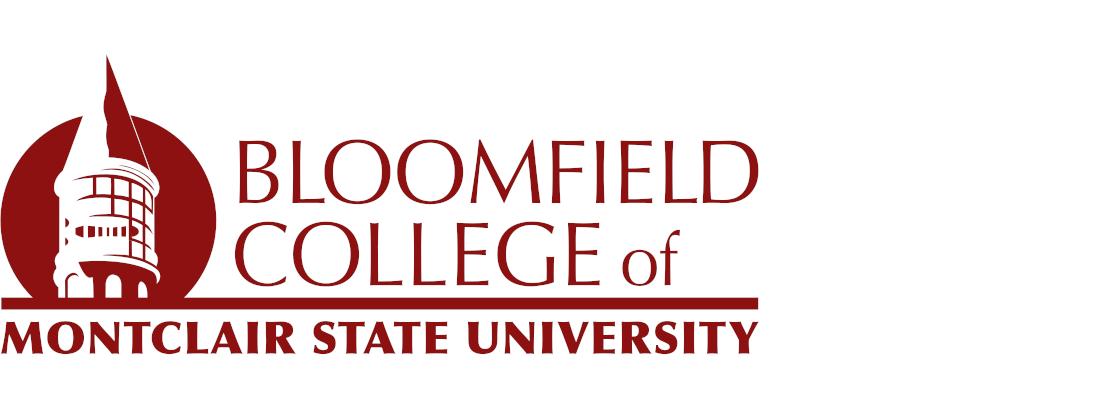Chemistry Courses
This course, an introduction to the structure, properties, and behavior of materials, is intended for non-science majors. Principles of chemistry are illustrated through demonstrations, laboratory exercises, and applications to everyday life. Prior study of chemistry is not required.
This is a comprehensive introduction to the principles of chemistry. The course is intended primarily for students who are majoring in the natural sciences or enrolled in science-based pre-professional programs. Topics include atomic structure, chemical bonding, stoichiometry, patterns of reactivity, gas laws, thermochemistry, and quantum theory. The course consists of lecture, recitation, and one three-hour laboratory per week.
This course is a continuation of CHM 111. Topics covered include theories of covalent bonding, the liquid and solid states, physical properties of solutions, kinetics, equilibria, chemical thermodynamics, oxidation-reduction, and electrochemistry. The course consists of lecture, recitation, and one three-hour laboratory per week.
This course covers selected principles of inorganic, organic and biochemistry in application to living systems. The course includes lecture, one hour of recitation, and three hours of laboratory per week. This course cannot be used to help fulfill the chemistry requirement for science majors.
The course covers the theoretical and experimental principles of chemical analysis and ionic equilibria. Gravimetric, volumetric, electrometric, and instrumental methods are covered from the quantitative point of view. The course consists of lecture and recitation.
This four hour laboratory is associated with CHM 211. The course emphasizes wet chemistry techniques which include gravimetric and volumetric methods of analysis. Separation methods such as chromatography are also discussed along with some spectroscopy. Instrumental techniques of IR, UV-VIS, HPLC and Atomic Absorption may also be explored.
This course is intended to be a year long study of the structure and reactions of organic compounds. The course focuses on functional groups and reaction mechanisms. Applications to compounds of general public interest are discussed. The course consists of lecture and recitation.
This course is a continuation of CHM 301.
This four hour laboratory is associated with CHM 301. The course can (but doesn’t have to) be taken concurrently with CHM 301. The course includes basic organic chemical instrumentation, analysis, and techniques.
This four hour laboratory is associated with CHM 302 and is a continuation of CHM 303. In addition to wet chemistry, the course includes lectures and laboratory exercises on the topics of nuclear magnetic resonance and infrared spectroscopies.
This course is a formal development of thermodynamic and equilibrium principles and their application to both chemical reactions and a variety of physical, biological, and engineering processes. The course includes lecture and recitation.
This course presents a formal development of kinetics and theories of molecular structure with applications to chemical reactivity as well as physical and biological properties. The course includes lecture and recitation.
This four hour laboratory is associated with CHM311. Laboratory work emphasizes measurement of thermodynamic data such as heats of combustion, heat capacities, enthalpies, and free energies. Physical properties of materials are also explored and data are presented with construction of phase diagrams.
This four hour laboratory is associated with CHM 312. Laboratory work emphasizes measurement of kinetic data and properties of materials associated with structure and bonding. Rate laws and proposed mechanisms are determined by initial rate or integrative methods. Spectroscopic and other instrumental methods are used to determine structures.
(Also BIO 401) The course presents proteins, lipids, and carbohydrates from the perspective of organic functional group chemistry, physical chemistry, analytical chemistry, and biochemistry. The acid-base properties, kinetics, thermodynamics and reactions of these biomolecules will be covered. Structure correlated to function will be integral component of the discussion. The course consists of lecture and recitation.
(Also BIO 402) This course covers the biochemistry of the nucleic acids and proteins. Topics include DNA replication, transcription, translation, gene regulation, and protein function. The overall regulation of metabolic pathways will also be addressed.
This course includes selected advanced topics in analytical, physical, inorganic, and organic chemistry. As topics change, the students can take the course again for credit.
Please contact your instructor for specific topic.
(Also BIO 404) The course considers the qualitative and quantitative aspects of protein, lipid, and carbohydrate analyses. The laboratory includes applications of wet chemistry, as well as analytical techniques such as chromatography [column, thin layer, paper, and high performance liquid chromatography (HPLC)], colorimetric and spectrophotometric analyses, polarimetry, titrimetry and statistical data analysis.
(Also BIO 405) The course covers basic techniques for the extraction, purification, and characterization of DNA, RNA, and protein molecules.
The course approaches modern inorganic chemistry by integrating descriptive and physical principles using molecular orbital theory to describe chemical bonding and reactivity. Structures, magnetic properties, and spectra of transition metal complexes are described using the crystal and ligand field theories. Special topics, such as, catalysis, organometallics, and bioinorganics are included. The course includes lecture and recitation.
This four hour laboratory is associated with CHM 414. Laboratory work emphasizes the syntheses and characterization of transition metal complexes.
The seminar is intended to serve as a capstone experience for chemistry and biochemistry majors. Students will learn how to search the literature in their area of concentration, prepare two well-researched papers(one short, one long), and present those papers in front of their peers, as well as faculty in the discipline.
This is a one or two semester course consisting of library and laboratory research. Credit may be arranged in advance by the advisor, but may not exceed one course each term.
